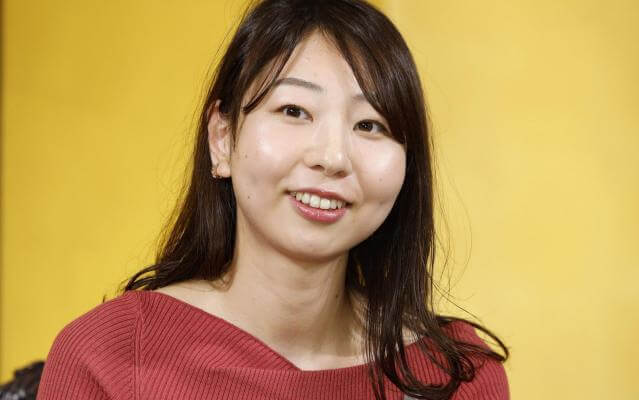Rie Kudan begged the 170th Akutagawa Prize (Japan’s most prestigious book award) for emerging authors for Tokyo-to Dojo-to novel. The book picturizes a futuristic Tokyo, in which generative AI is virtually everywhere.
Recently, the author clarified that she only used AI-generated text in AI-built’s responses. She said:
“While I borrowed (from AI) in parts, I made the appropriate modifications to the story so as not to disrupt the text’s flow,” she said. “When you read it back, the applicable text barely makes up a whole page, and I think my comments were overblown.”
Kudan’s statement is making other editors think twice. a veteran editor told Kyodo News:
“Realistically, it is hard to discern (if AI was used during the writing process), and some readers may feel cheated if they find out after the fact.”
The Hoshi Shinichi Award for science fiction literature developed specific details for using AI-generated content in submissions: They include a ban on using verbatim text, a requirement to keep records of the process, and other rules. However, literary critic Akira Okawada told the news agency that “many authors are already using AI to help them come up with ideas for themes or writing structures.”
Last December, journalism professor Shen Yang of China’s prestigious Tsinghua University used 66 prompts in about three hours to generate a Chinese-language novel. The novel titled “The Land of Machine Memories” won second prize in a popular youth science and sci-fi competition put on by the Jiangsu Popular Science Writers Association in Nanjing, Jiangsu province.
The novel is about Li Xiao, a fictional neural engineer who loses all her memories about her family. To regain her memories, she goes on a journey to explore the land of machine memories with an AI friend, Neura.
Navkiran Dhaliwal is a seasoned content writer with 10+ years of experience. When she's not writing, she can be found cooking up a storm or spending time with her dog, Rain.


